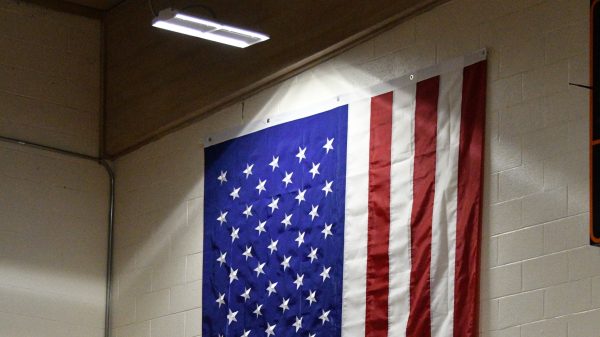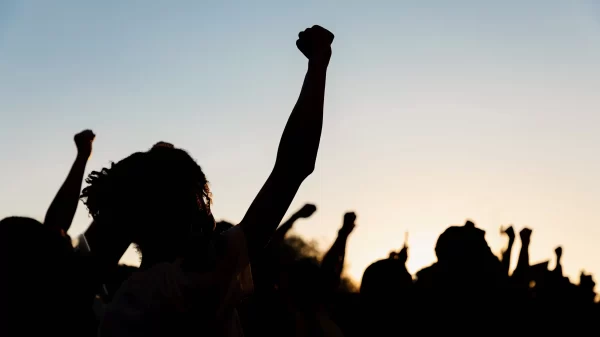|
Getting your Trinity Audio player ready...
|
In a democracy, the public has the right to witness the actions of those who wield power in their name. HB224 would criminalize that right.
No constitutional protection is more fundamental to a free society than the First Amendment. It guarantees the right of the people to speak, to gather, and to record the actions of government officials — especially those vested with the power to arrest, detain, and use force. Yet instead of defending that freedom, the Alabama Legislature is threatening it with House Bill 224.
The bill, sponsored by Rep. Allen Treadaway, would make it a Class A misdemeanor to remain within 25 feet of a law enforcement officer after being told to back away. While this may seem like a minor restriction on its face, the consequences are far-reaching and dangerous. Under this bill, Alabamians would be forced to choose between exercising their First Amendment rights and avoiding arrest.
Make no mistake — HB224 isn’t about safety. It’s about control.
The Reporters Committee for Freedom of the Press, a nonpartisan legal organization that defends the rights of journalists, has warned against similar laws across the country. In court filings opposing a nearly identical Arizona statute, the organization argued that such laws “pose an unacceptable risk of criminalizing routine, non-disruptive newsgathering” and could be used “to silence coverage of controversial police encounters.”
That Arizona law, passed in 2022, was blocked by a federal judge who found it violated the Constitution. The judge’s ruling stated that the law “chills the exercise of First Amendment rights” and lacked narrowly tailored language to address actual interference. Rather than uphold safety, the law empowered officers to avoid scrutiny.
HB224 invites the same abuse. It gives law enforcement officers the unilateral authority to remove journalists and citizens from the scene of a public event — be it a protest, a parade, a crime scene, or an arrest — simply for being too close. With no clear definition of “interference” and no requirement to justify the order, the bill trades legal standards for unchecked discretion.
And 25 feet is not an incidental margin. In many public settings, that distance removes observers from meaningful view or earshot. Imagine a reporter trying to capture a statement from an arrestee. A photojournalist covering a heated protest. A concerned neighbor filming a police stop on their street. Under HB224, they could all be criminalized — not for interfering, but for witnessing.
Some of the most powerful cries for justice in this country began when a bystander pressed “record.” If this bill becomes law, Alabama could silence that voice — not with censorship, but with a badge and a threat.
This is not a hypothetical concern. Courts across the country — from the First to the Eleventh Circuits — have upheld the right to record public officials. The Eleventh Circuit Court of Appeals, which has jurisdiction over Alabama, has recognized that “the First Amendment protects the right to gather information about what public officials do on public property.”
By passing HB224, Alabama would place itself on the wrong side of that precedent, inviting both legal challenges and the erosion of public trust. It would be our state’s taxpayers, not legislators, who would foot the bill for defending an unconstitutional law in court.
This bill is not needed. Alabama already has laws to address obstruction, disorderly conduct, and interference with law enforcement. Officers are not powerless to maintain order — they are equipped with both authority and discretion. What HB224 does is expand that discretion without limits, turning lawful observation into a criminal offense.
If lawmakers are serious about public safety, there are meaningful ways forward: equip officers with body cameras, ensure footage is accessible, and invest in de-escalation and transparency. But do not criminalize proximity. Do not treat documentation as disruption. And do not turn constitutional rights into bargaining chips for government convenience.
Alabama has lived through the consequences of silencing the public before. We do not need to repeat that history with new language and the same result.
The right to record isn’t a privilege — it’s a constitutional guarantee. And it must not be sacrificed on the altar of unchecked power.
The bill has passed out of committee and now awaits a hearing by the full House.




















































